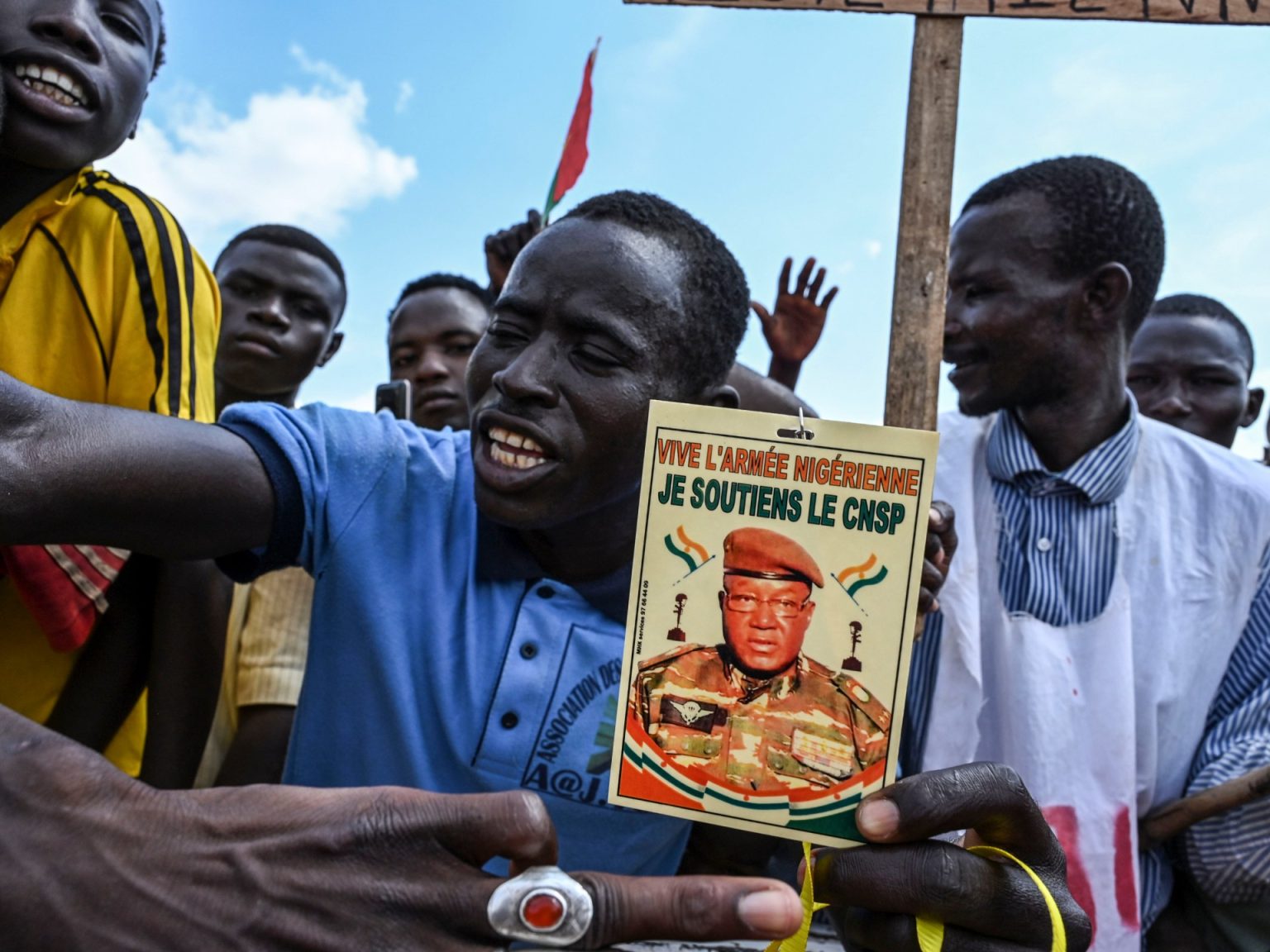Aissata, a former teacher who returned to Niger after spending most of her adult life in the United States, supports the military government and new President, Abdourahamane Tchiani, following the coup against Mohamed Bazoum in 2023. She believes Tchiani will prioritize Niger and Nigeriens over the old system. The concept of “Labou Sani no” calls for unity and loyalty to the nation, transcending other identities and loyalties.
The Economic Community of West African States (ECOWAS) imposed economic sanctions on Niger in response to the coup, leading to a rise in food prices and electricity shortages. Despite lifting the sanctions, the damage had been done, and the public resented ECOWAS and its Western allies for their perceived condemnation of the Nigerien people. The rift between Niger and France, its former colonial power, has deepened, with France withdrawing its troops and closing its embassy in Niamey.
The military government has pledged to end the exploitation of Niger’s natural resources by foreign powers, leading to a strained relationship with France. One year after the coup, the country remains divided between those who support the junta and those who support Bazoum. Bazoum, who was overthrown and confined to his residence, is facing charges of high treason. The succession of coups in Niger’s history has led to instability in the region, prompting the country’s withdrawal from the G5 Sahel and its joint force.
Niger is now part of the Alliance of Sahel States, along with Mali and Burkina Faso, focused on fighting terrorism. The military government faces challenges in handling security issues, as evidenced by a recent attack that left 20 soldiers and one civilian dead. While some people are hopeful that Tchiani will solve their problems, others remain skeptical of the government’s ability to bring about positive change. The future of Niger remains uncertain as the country navigates through political turmoil and security threats.


